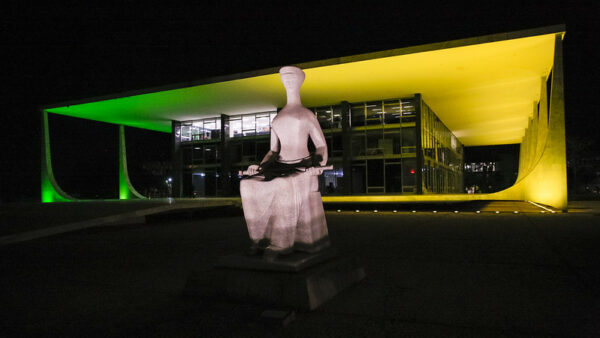Braskem, Latin America’s largest petrochemical group, on Tuesday signed a settlement with the Federal Public Defender’s Office (DPU) and two fishing associations to compensate hundreds of fishermen and shellfish gatherers for environmental damages in a lagoon in the northeastern city of Maceió.
Braskem’s abusive salt mining practices led to the largest urban environmental disaster in Brazil, condemning more than 14,000 properties in five neighborhoods in the city. About 55,000 people have been forced to leave their homes and businesses since 2018.
The mines are also believed to have perturbed the ecosystem of the Mundaú Lagoon — a place where many families live off fishing for sururu. Smaller than common mussels, sururu mollusks are a classic ingredient in Alagoas’ local cuisine, often being made into flavorsome broths or Brazil’s famous moquecas.
As we showed in a 2021 in-depth investigation of the Braskem scandal, the sururu began to disappear from the lagoon in recent years.
To collect the sururu, fishermen would head out onto the lake at dawn, taking their canoes to the muddiest part of the water. Leaning over the side of their boats, they could simply reach down and collect the mollusks with their hands. Now, they need to dive.
Locals say the lake is getting deeper and deeper, blaming Braskem’s salt mines for the change.
What is clear is that the sururu scarcity has driven communities on the shore of the Mundaú Lagoon to desperation. Over 2,500 people who were living in favelas dotted along the canals flowing into the lake have abandoned their shacks. Those who remained face a daily struggle for survival.
In early December, the risk of the collapse of one of Braskem’s mines led officials to ban fishing in most of the lagoon, keeping hundreds of fishermen and shellfish gatherers from working.
Under the agreement, Braskem will pay them each BRL 4,236 (USD 854), the equivalent of three times the minimum monthly wage.
Braskem’s controlling shareholder is Novonor, an infrastructure group formerly known as Odebrecht. Once the largest of its kind in Latin America, Odebrecht was at the center of the largest corruption scandal in Brazil’s history, uncovered by the years-long anti-corruption task force Operation Car Wash.


 Search
Search










































